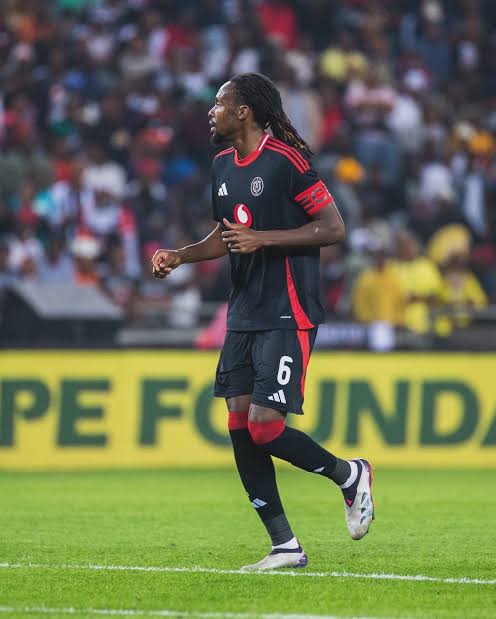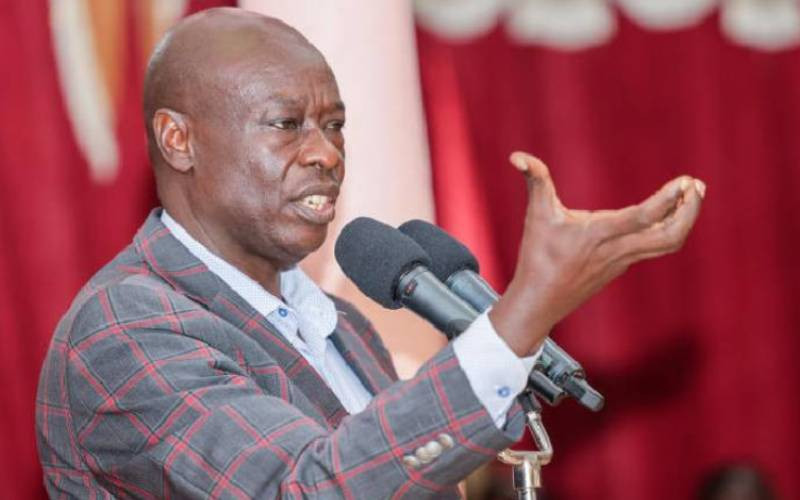NATO’s secretary general called out Beijing on Wednesday, saying China “cannot have it both ways” when it comes to the war in Ukraine.
Speaking in Ottawa, Jens Stoltenberg said China should face consequences for its support of Russia but declined to say what they should be.
“It’s too early for me to say exactly what’s going on costs,” Stoltenberg said. “My message is that we need to start to assess that option and to consult on potential costs, because it’s not sustainable and viable that China continues to fuel the biggest security threats … for NATO allies, especially in Europe.”
The political leader of the western military alliance, who steps down in October, said there is growing concern about increased cooperation among authoritarian states.
Stoltenberg’s visit happened on the same day that Russian President Vladimir Putin and North Korean leader Kim Jong Un signed an agreement that pledges mutual aid in the event either country faces “aggression.”

While details of the pact were not immediately clear, both nations face standoffs with the Western powers.
The U.S. has warned that the growing relationship between Moscow and Pyongyang could supply munitions for Russia’s war in Ukraine.
In recent days, Stoltenberg has focused on Russia’s allies and the materiel support they give to the Kremlin.
Canada has been under heavy pressure from allies to come up with a plan to boost its military spending to the NATO benchmark of two per cent of GDP. Ahead of a meeting with Prime Minister Justin Trudeau on Wednesday, Stoltenberg said he understands the political reflex to spend on health and infrastructure but allies still need to “prioritize defence investments.”
“We expect all allies to make good on the promise to invest in defence,” he said during a question and answer session.
Speaking to reporters, Stoltenberg made his expectations unequivocal.
“I expect that all of us will reach to two per cent,” he said. “We agreed to two per cent of GDP for defence and I expect, those [that] are also not able to reach it by December 2024, that they will put forward a plan for when they will be there. And I’m looking forward to have a plan from Canada.”
In a speech to the NATO Association of Canada, Stoltenberg pointed out that 23 of 32 member nations will this year hit the two per cent benchmark.
Speaking in Ottawa, NATO Secretary General Jens Stoltenberg says China should face consequences for backing Russia’s war on Ukraine.
Canada sits among the bottom third of alliance members in terms of defence spending; Ottawa is expected to spend 1.37 per cent of GDP on defence this year.
Prior to Stoltenberg’s visit, Defence Minister Bill Blair said he’s been making the case privately among allies that Canada is getting itself organized and is moving toward two per cent.
“I think we’ve been able to articulate for our allies a clear, dependable and verifiable path to two per cent spending. I think that’s the responsible way to go,” Blair said Wednesday following a meeting of the Liberal caucus.
Stoltenberg was in Ottawa to meet with Trudeau ahead of next month’s NATO Summit in Washington, and to accept an award for his long service as secretary general of the western military alliance.
He will step down in the fall after a decade in the post. His replacement is widely expected to be outgoing Dutch prime minister Mark Rutte. Representatives of NATO allies are are expected to agree upon Stoltenberg’s successor at the summit.
NATO Secretary General Jens Stoltenberg highlights the importance of Canada hitting NATO’s target for alliance members’ military spending. Rose Gottemoeller, who worked under Stoltenberg as deputy secretary general, tells Power & Politics Canada is lagging behind other NATO allies and it has to lay out a plan to reach the 2 per cent target.





















Discussion about this post